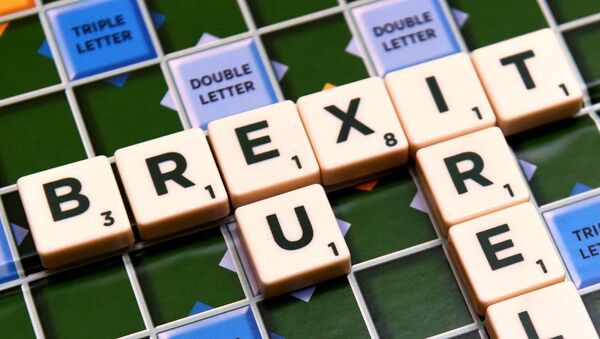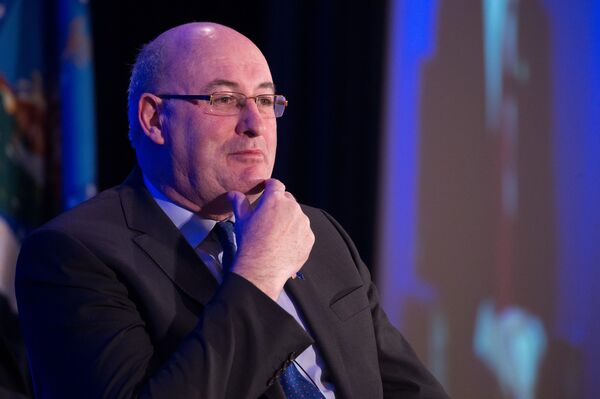Following the UK's decision to vote to leave the EU last June, and British Prime Minister Theresa May's rhetoric on immigration, there has been increased speculation that physical border controls could be set up along the UK's only land border with the EU.
Phil Hogan, the Irish EU Commissioner, said that in order to avoid a scenario where a hard border between Northern Ireland the southern Republic was re-established, the EU would need to make a special case and treat the whole island as a single unit, which would include the freedom of movement of people and goods across the border.
Wonder if the 52% voting for Brexit visualised hard borders with passport control at Northern Ireland ports & airports & on Scottish border.
— Chas Peeps (@ChasPeeps) December 20, 2016
While such support from the EU is far from guaranteed, Hogan said Brussels had "invested heavily" in the Irish peace process since the 1990s and would have a "vested interest" in maintaining it.
"The European Commission has a vested interest in protecting the Good Friday Agreement and the success it has been in bringing peace to the island of Ireland since 1998," he told the Irish Independent newspaper.
Hogan: London to Blame for Brexit Uncertainty
Despite the apparent political goodwill in Dublin, Belfast, London and Brussels to avoid the return of a hard border, there have been concerns among some diplomats that Ireland has not done enough to win over the support of the EU's chief Brexit negotiator, Michael Barnier.
New EU poll shows 81% of Irish people view the EU as a place of stability in a troubled world, 3rd highest in the EU https://t.co/z12QVklLxH pic.twitter.com/xfSUqgBJwO
— EC Rep Ireland (@eurireland) January 5, 2017
However, Hogan says London is to blame for the uncertainty on the issue.
A friend got back from a transport conference in Ireland. The Irish government are planning for a hard border. #Brexit threatens the peace.
— Merrick Badger (@MerrickBadger) January 8, 2017
"It is very difficult for Ireland to act until they know the UK position, which must be revealed as soon as possible," he added, saying the recent departure of the UK's EU ambassador, Ivan Rogers, was a sign of Britain's Brexit disarray.
"What they need handling negotiations is not people who believe in Brexit, but people who know the lie of the land in Brussels, and who appreciate the risks involved," he said.
London has kept its cards close to its chest on the issue of Brexit, with British PM May not revealing what post-Brexit relationship the UK will seek with the bloc.
@CharlieFlanagan at #Recforum2016 says Irish Gov has serious concerns re #Brexit and its impact on Northern Ireland. pic.twitter.com/vd7OHAexbm
— Anthony Soares (@antsoares67) December 14, 2016
Despite being tight-lipped, May's rhetoric and comments from other ministers suggest the government will seek to implement immigration controls, which many say will force Britain into a hard-Brexit.
Some diplomats, such as Hogan, fear that such an approach would significantly increase the chances of a hard border being re-established.
The government has pledged to invoke Article 50 by the end of March, which would then officially kick-off the two-year divorce process.



